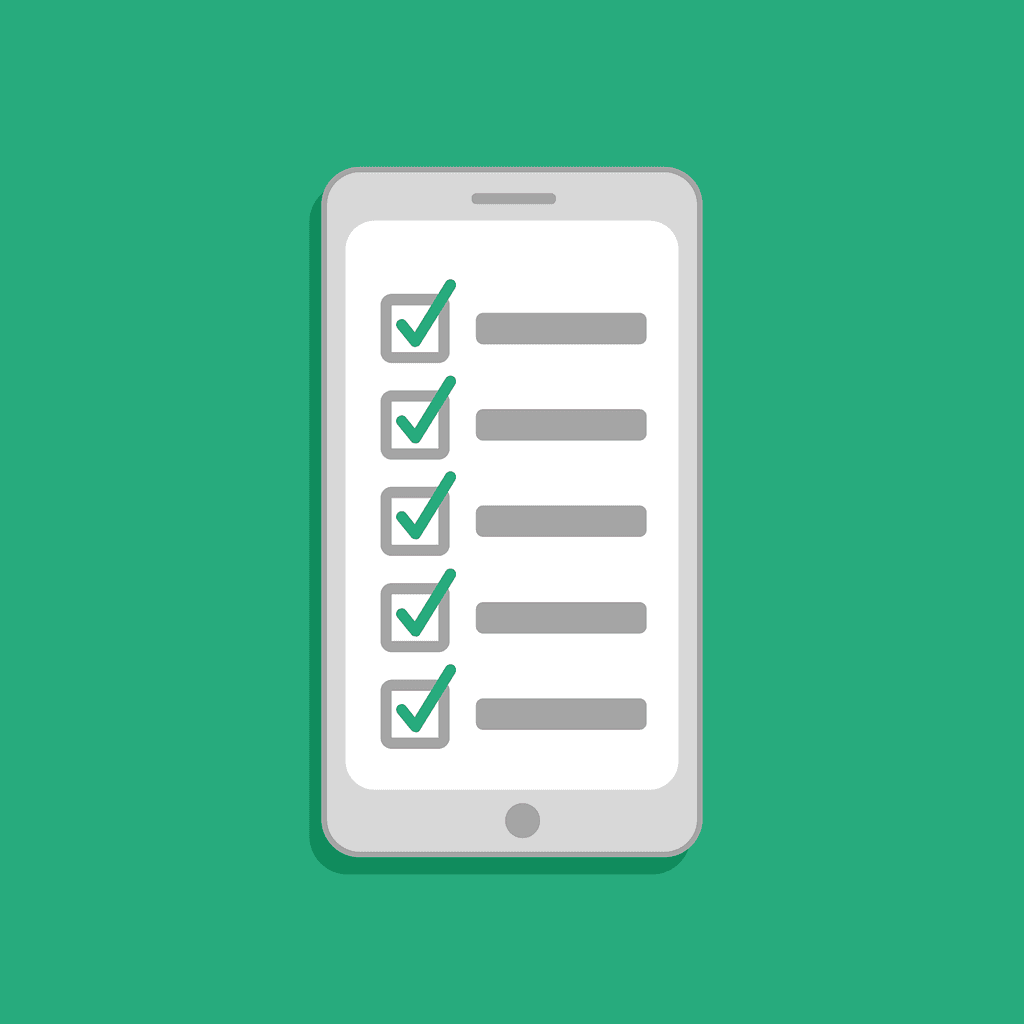Monday, September 29, 2025
A buyer's guide for AI tools in the hospitality industry


How often do you feel like there just aren’t enough hours in the day to run your property? Between setting rates, managing reservations, and responding to guest requests, every choice (big or small) demands significant time, energy, and attention.
Enter AI tools: dependable partners handling tasks that pull you away from guests. They can ease daily pressures by streamlining operations and automating routine work, giving you more freedom to focus on meaningful guest interactions. With the right tools, you can build loyalty, drive growth, and set your property up for long-term growth.
Why AI matters in the hospitality industry
Guests expect quick responses, personalized recommendations, and seamless service at every step of their stay, and balancing it all can feel impossible.
This is where AI in hospitality is making a real difference. Instead of drowning in repetitive tasks, innkeepers can rely on AI to manage bookings, forecast demand, or help bridge communication with guests. These tools provide insights that guide smarter decisions, like adjusting pricing to match demand or spotting trends in guest behavior before they impact revenue.
The result is more time for the parts of hospitality that matter most: warm welcomes, thoughtful service, and experiences that bring guests back. By combining efficiency with personalization, AI allows independent properties to keep their unique charm while competing on a much larger stage.

Challenges AI can solve for your property
Independent properties are expected to deliver the same level of service as large hotels, but with far fewer resources. Rising labor costs, staffing shortages, and pressure from online travel agencies (OTAs) leave many owners stretched thin. Without support, even routine responsibilities can consume valuable time that should be spent with guests.
Staffing and cost pressures can be eased through automation. AI takes on repetitive tasks such as scheduling, reservation management, and responding to common guest inquiries. These efficiencies free staff from administrative burdens, allowing them to focus on delivering the personalized service that makes smaller properties stand out.
Revenue management is another area where AI creates measurable value. By analyzing booking patterns and forecasting demand, these tools recommend dynamic pricing strategies that increase profitability. Owners gain the confidence to adjust rates proactively rather than relying on guesswork.
Guest-facing technology and operational efficiency strengthen both service and back-office workflows. The use of AI can reduce response times, and personalization creates upsell opportunities. Meanwhile, automation can take care of housekeeping schedules, maintenance tracking, and inventory management, minimizing errors and giving innkeepers more time to focus on strategies that drive direct bookings and guest loyalty.
Benefits of AI for hospitality owners
Adopting AI isn’t just about solving daily pain points, it’s about unlocking new opportunities that help your property thrive. These advantages go beyond day-to-day tasks, shaping how your property grows, competes, and delivers memorable guest experiences.
1. Unlock smarter pricing strategies
Dynamic pricing is one of AI’s most impactful benefits. Instead of relying on manual calculations, AI can evaluate market demand, competitor rates, and occupancy trends in real time to recommend the optimal room price. This ensures every revenue opportunity is captured, while still leaving innkeepers in control of rules and adjustments.
2. Personalize the guest journey
AI analyzes booking patterns, preferences, and behavior to create tailored experiences before, during, and after a stay. Customized promotions and packages, as well as thoughtful recommendations make the service feel personal while driving loyalty and repeat bookings.
3. Streamline operations and save time
Staffing shortages and limited budgets often stretch small teams. AI improves efficiency by optimizing housekeeping schedules, forecasting maintenance needs, and organizing inventory. These behind-the-scenes improvements reduce errors, save hours of manual oversight, and ensure operations run smoothly even during peak seasons.
4. Gain a competitive edge
Independent inns and B&Bs can now access the same caliber of technology once reserved for large chains. AI levels the playing field, allowing smaller properties to compete more effectively without sacrificing their unique charm.
5. Control your data
AI platforms centralize valuable guest information, giving you direct access to insights that would otherwise might not have been acted upon. With more control over data, you can make smarter decisions, build stronger relationships, and reduce reliance on OTAs.

Recommended AI tools for independent properties
Choosing the right AI platforms begins with knowing your property’s priorities. Some solutions focus on marketing and visibility, while others improve operations, enhance guest experiences, or support better decision-making.
As the travel industry grows, adopting AI hospitality tools that reduce your workload and sharpen your competitive edge is key to long-term success. Below are some top options to help independent properties operate more efficiently, stand out against larger brands, and deliver service that keeps guests returning.
Marketing and visibility
- Profound AI: Tracks and improves how your property appears in AI-driven search results, helping increase visibility and direct bookings.
- Goodie AI: Specializes in Generative Engine Optimization (GEO), ensuring your content is discoverable in AI assistant search queries.
- Scrunch AI: Analyzes influencer and social media campaigns to highlight which partnerships deliver the strongest engagement.
- Botify: Improves SEO performance by analyzing and optimizing how search engines index your property’s website.
Guest experience and reputation
- Peec AI: Analyzes guest reviews and feedback to uncover sentiment trends and service opportunities for improvement.
- Brandlight: Keeps visuals, messaging, and branding consistent across platforms to deliver a professional, cohesive guest experience.
Revenue Management
- TakeUp: an AI-powered platform for independent hotels, automating pricing to boost revenue by real-time demand, competitors, and trends analysis.
Operations and team efficiency
- AthenaHQ AI: Automates reporting, scheduling, and team coordination, reducing administrative workload for small hospitality teams.
- Hall: Provides AI-powered collaboration tools that improve communication and alignment on guest needs and daily tasks.
- Anvil: A low-code platform that lets owners build custom applications without technical expertise, such as dashboards or guest service trackers.
Data, strategy, and decision support
- BlueFish AI: Transforms booking and guest data into clear insights that guide pricing and marketing strategies.
- Evertune AI: Forecasts real-time demand and occupancy trends, enabling proactive revenue management.
- Gumshoe AI: Verifies information and supports competitive research, helping owners make confident strategic decisions.
Conclusion: don’t get left behind
AI is becoming a critical part of how inns, bed and breakfasts, and boutique hotels remain profitable, competitive, and guest-focused. The right hospitality AI tools help you unlock smarter pricing, personalize the guest journey, and reclaim valuable time to build relationships and grow your business.
To learn how technology can help your property grow and thrive, please get in touch with our team. We're here for you.